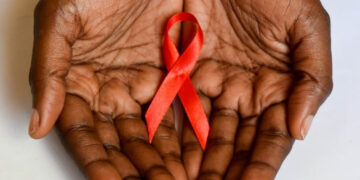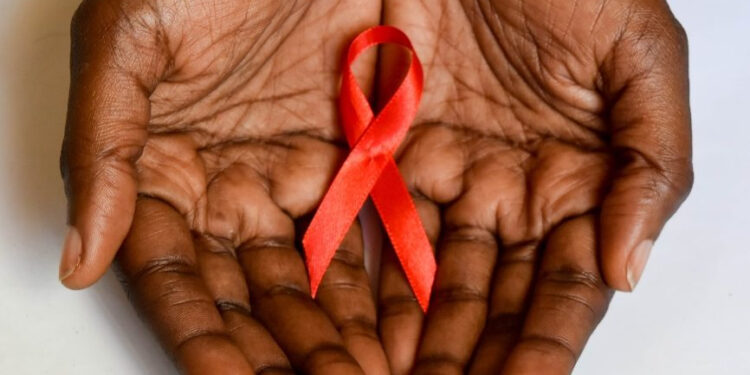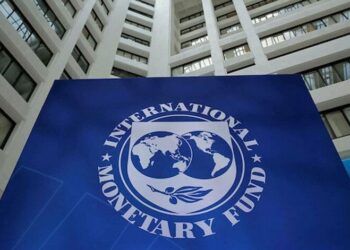The World Health Organization has declared Africa the enduring epicenter of the global HIV crisis, with 65 percent of the world’s 40.8 million people living with HIV residing in the region.
The stark revelation came alongside the launch of groundbreaking new guidelines at the 13th International AIDS Society Conference in 2025, introducing twice-yearly injectable lenacapavir as a revolutionary prevention tool.
Lenacapavir marks a major breakthrough. The WHO now recommends it as a long-acting pre-exposure prophylaxis injection, administered just twice a year. This offers a potential lifeline for high-risk groups in Africa, where daily pill adherence remains challenging. HIV’s toll is immense.
In 2024 alone, 1.3 million new infections emerged globally, with sub-Saharan Africa and marginalized populations including sex workers, LGBTQ communities, drug users, and youth disproportionately affected. Treatment gaps also persist. While 31.6 million people now receive antiretroviral therapy, 630,000 died from HIV-related illnesses last year.
LEN matters especially for Africa because it overcomes longstanding barriers. Unlike daily oral PrEP, its bi-annual dosing sidesteps stigma, cost, and access hurdles that plague clinics across the continent. Trials have shown near-total protection, with efficacy close to 100 percent in preventing HIV among high-risk groups. WHO also endorsed rapid HIV tests to replace slow lab diagnostics, speeding up treatment.
Dr. Tedros of WHO called lenacapavir the next best thing to a vaccine, describing it as a powerful shield for those most vulnerable. Dr. Meg Doherty, director of the WHO HIV Program, added that we can end AIDS but only if we act boldly, with equity and community power.
Despite the progress, shrinking global health funding threatens the rollout. WHO’s new operational guide urges nations to prioritize essential HIV services, monitor disruptions, and adapt systems to safeguard gains.



































